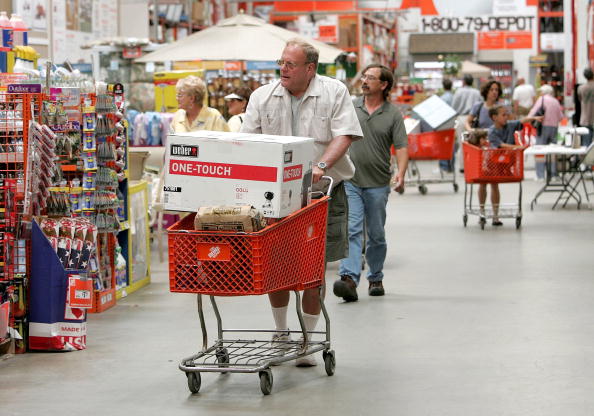US consumer confidence dips as expectations about economy fall

US consumer confidence fell slightly in August following an increase in July, according to a closely-watched gauge, as expectations about the economy’s short-term prospects declined.
Read more: Fed will ‘act as appropriate’ to maintain US expansion, vows chair Jay Powell
Nonetheless, the drop in confidence was less than economists had predicted as consumers remain relatively upbeat in the face of a trade war with China and a global slowdown.
The consumer confidence index (CCI) from the business body the Conference Board fell marginally to 135.1 in August from 135.8 in July. The year 1985 is the 100 benchmark.
American consumers were upbeat about current business and employment conditions, however, with the present situation gauge rising to its highest point in nearly 19 years.
Yet they were more fearful about the outlook for income, business and employment, with the expectations index falling.
In a trend common to many developed economies, consumer confidence has held up remarkably well despite trade tensions and a slowing global economy.
In the second quarter, US consumer spending grew by 4.3 per cent and helped the economy grow by 2.1 per cent, well above its major European peers.
“While other parts of the economy may show some weakening, consumers have remained confident and willing to spend,” Lynn Franco, senior director of economic indicators at The Conference Board.
“However, if the recent escalation in trade and tariff tensions persists, it could potentially dampen consumers’ optimism regarding the short-term economic outlook.”
The Conference Board survey data showed the percentage of consumers expecting business conditions will be better six months from now decreased from 24 percent to 21.9 percent. Those expecting business conditions will worsen increased from 8.4 percent to 10 percent.
Read more: US economic growth falls short of Trump’s target
Consumers’ outlook for the labour market was also slightly less positive. The proportion expecting more jobs in the months ahead decreased marginally from 19.9 percent to 19.7 percent.
(Image credit: Getty)